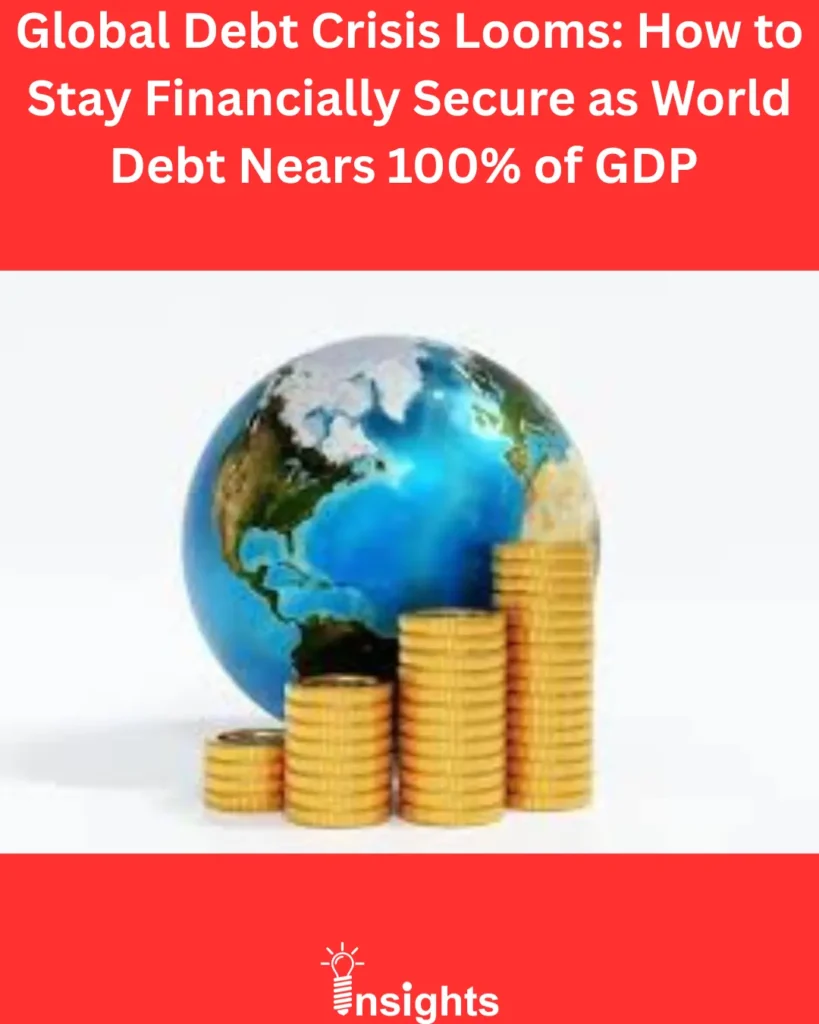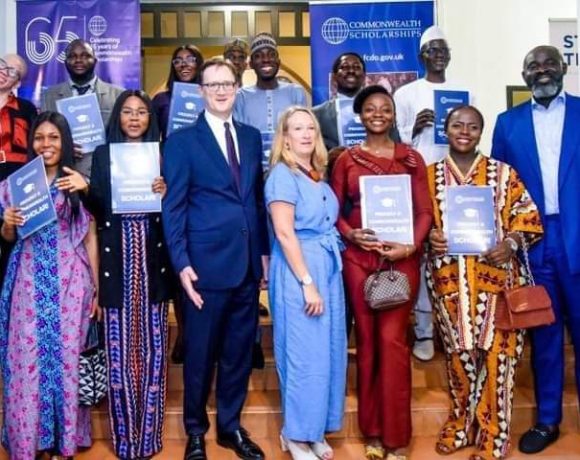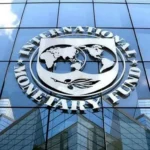Global Debt Crisis Looms: How to Stay Financially Secure as World Debt Nears 100% of GDP
The International Monetary Fund (IMF) has sounded the alarm, warning that global public debt could surpass 100% of the world’s Gross Domestic Product (GDP) by 2029 — the highest level since World War II. This means that governments around the world will collectively owe more money than the total value of all goods and services produced globally in a year.
The IMF attributes this sharp rise to increased government borrowing, driven by spending on social programs, subsidies, defence, and efforts to stabilize economies after recent global shocks such as the COVID-19 pandemic, wars, and inflation.
What This Means for People
While the news might seem distant, the effects of soaring global debt often reach individuals through fiscal tightening — when governments cut spending, raise taxes, or reduce public services to manage debt levels.
This can lead to:
- Higher taxes and reduced subsidies, especially in developing nations.
- Cuts in public services like healthcare, education, or social welfare.
- Inflation and weaker currency values, making goods and essentials more expensive.
The IMF has urged countries to build economic buffers and adopt more responsible spending policies to prevent a financial crisis. But individuals, too, can take proactive steps to strengthen their financial resilience.
Steps to Strengthen Your Financial Future
In times of global economic uncertainty, personal financial discipline becomes crucial. Here are practical steps to protect yourself and your family:
- Reduce Debt: Avoid unnecessary borrowing and pay down high-interest loans as quickly as possible.
- Build Emergency Savings: Aim to have at least 3–6 months of expenses saved for emergencies.
- Diversify Income: Explore side businesses, freelance work, or investments that create multiple streams of income.
- Invest Wisely: Focus on low-risk or long-term investment options that can survive inflation and market swings.
- Spend Smart: Differentiate between needs and wants — prioritize essentials and avoid impulse buying.
“Global debt may rise beyond control, but individual discipline can still secure personal freedom. The economy is global — but your financial responsibility is personal.”
The IMF’s warning is more than a policy report — it’s a wake-up call for everyone. As governments face tighter budgets, individuals must take control of their finances, make informed decisions, and plan. Economic storms may come, but those who prepare can stand firm through any global challenge.











